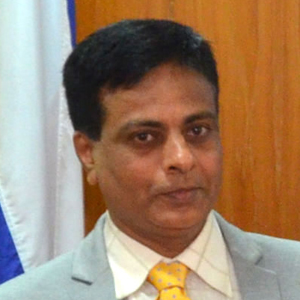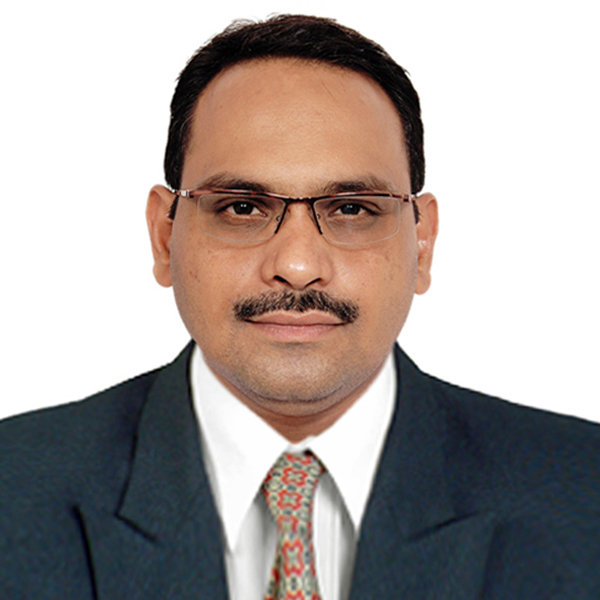Visit Jammu-Kashmir.com – A comprehenisve website about history and politics of Jammu and Kashmir.
Go through the various sections of the site such “Basic facts”, “Documents” etc.
Read this article for more information.
Semester 5, TYBA, Political Science, Mumbai University
Visit Jammu-Kashmir.com – A comprehenisve website about history and politics of Jammu and Kashmir.
Go through the various sections of the site such “Basic facts”, “Documents” etc.
Read this article for more information.
Afanasy Nikitin was a Russian merchant and one of the first few Europeans who visited India. He wrote a book named The Journey Beyond three seas (in Russian)
Ref:-
University of British Columbia site.

Director, Centre for Central Eurasian Studies , University of Mumbai
Talk on: – India – Russia relations
Medium: – Marathi
For Class: – TYBA Political Science (a group of about 25 students)
Date:- Wednesday, 24th February, 2016
Time:- 7:30 pm to 9:00 pm (One hour of talk and a brief question answer session)
Click here to download the audio file of the lecture.
Prof. Dr. Sanjay Deshpande is the Director of the Centre for Central Eurasian Studies, University of Mumbai. The Centre offers 4 papers at M.A. level in combination with other social science disciplines such as Economics, Politics, History, Sociology, and Geography and Mass communications.
After the disintegration of the Soviet Union the emergence of the Commonwealth of Independent States has acquired major significance in the academic circles because of its regional importance, energy resources and ethnic volatility. All the developments in that region are of great interest to India. The Centre for Central Eurasian Studies therefore has shifted its earlier focus from being exclusively Soviet/Russia centric to the periphery, taking into consideration their significance in international scene. The research activities carried out in the Centre pay special attention to various issues involved in these areas: economic and political changes, demographic situation, ethnic conflict, gender issues, human rights aspects, security and terrorism. The academic activities in the Centre are basically oriented towards understanding the ongoing socio-economic political, cultural and ethnic problem. In the conference and seminars organized by the Center emphasis is laid also on Indo-Russian relations and Indo-Central Asian Relations. The scholars in the Centre are also paying attention to the issues like energy, security, geo-politics, ethnicity, nationality problems and geo-economics in Central Eurasia. These issues constitute the thrust area of the research, documentation and publication of the Centre for Central Eurasian Studies. The Centre promotes interdisciplinary research and teaching on social, economic, political, ethno-national and foreign policy problems of the countries of the post-Soviet space.
-From the official brochure of the centre.
Talk on: – Indo-Pak relations – The Kashmir issue
Medium: – Marathi
For Class: – TYBA Political Science
Date:- Thursday, 25th February, 2016
Time:- 7:30 pm to 9:00 pm (One hour of talk and a brief question answer session)
Click to download the audio file of the lecture.

Universal Declaration of Human Rights was adopted by the UN General Assembly on 10th December 1948.
Today is it’s 67th anniversary.
Check this audio-visual presentation briefly describing the main points in the declaration.
A report by the Rajya Sabha Television
It emphasizes that India’s intentions are very different from China, USA or European Countries.
India should not try to copy either of these big players.
Peace in Africa is very crucial for India.
Africa should concentrate on developing the blue economy.
From – 26/10/2015 To 29/10/2015
At New Delhi
Senior officials level meeting – Jointly organised by the African Union and Government of India.
Insightful, imaginative logo – Maps of India and Africa and a Lion – King of the Jungle found in both regions – on the background of a diamond
(See a video about making of the logo)
Click here to see the detailed list of all African Union countries.
Shaping a more equitable world order is considered a major challenge before India and Africa. Emphasis on shared history.
From our struggle against colonialism and apartheid, we have emerged to jointly accept the challenges of a globalizing world. Even as we combat with common threats – the threat from international terrorism; the scourge of poverty, disease, illiteracy and hunger; the challenge of climate change – and collectively promote the socio-economic advancement of all our people, we believe that India and Africa traverse the same path, share the same values and cherish the same dreams.
http://www.iafs.in/home.php
A special website was created for the summit.
The third edition of the four day IAFS summit which will take place during 26th-29th October 2015 enables consultations at the highest political level between the heads of government of 54 nations across Africa and the Indian government to give a new thrust to our age-old partnership. It provides an opportunity to not only reflect on the past, but to define the road ahead in tune with the times we live in.
The First Africa-India Forum Summit was held in 2008 in New Delhi, India, while the Second Africa-India Forum Summit took place in 2011 at the headquarters of the African Union in Addis Ababa, Ethiopia. Watch videos about first two summits on YouTube.
Also check the AU agenda 2063.
Currently there are 16 peace keeping missions and one special political mission in Afghanistan.
United Nations Peacekeeping helps countries torn by conflict create the conditions for lasting peace. We are comprised of civilian, police and military personnel.
As of 31 March 2015, our workforce in the field consisted of:
- 93,743 serving troops and military observers
- 13,122 police personnel;
- 5,277 international civilian personnel (31 December 2014);
- 11,678 local civilian staff (31 December 2014);
- 1,846 UN Volunteers.
128 countries contributed military and police personnel.
The UN does not have its own military force; it depends on contributions from Member States.
In addition to maintaining peace and security, peacekeepers are increasingly charged with assisting in political processes; reforming judicial systems; training law enforcement and police forces; disarming and reintegrating former combatants; supporting the return of internally displaced persons and refugees.
Out of the 16 peace keeping operations
1 is in the Caribbean – Haiti,
9 in African continent (South Sudan, Western Sahara, Darfur, Abyei, DR Congo, Central African Republic, Liberia, Cote d’Ivoire and Mali.)
1 in India and Pakistan,
4 – one each in Syria, Lebanon, Cyprus, Middle East,
1 in Europe (Kosovo)
Since 1948 UN has undertaken 71 peace keeping operations.
For further details refer to this site